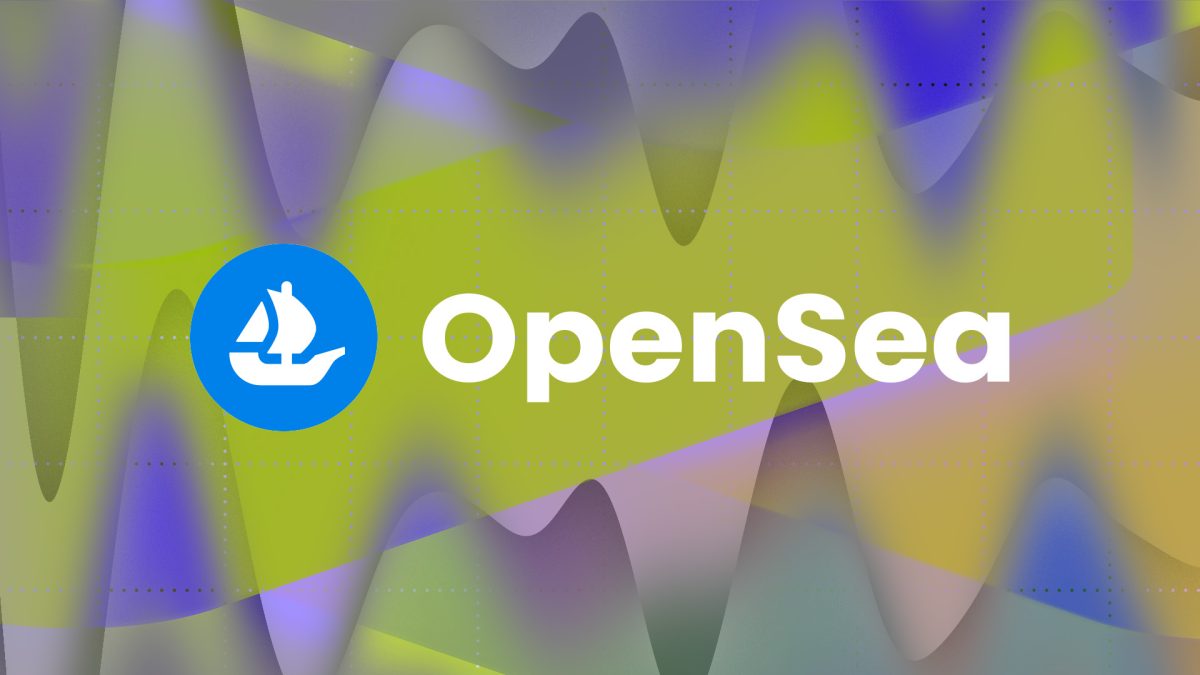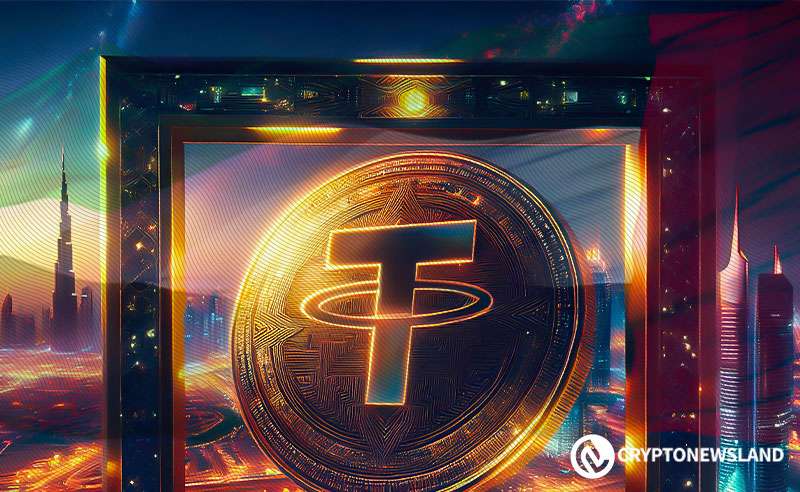OpenSea pivots to multi-chain crypto trading hub after NFT boom goes bust
Quick Take OpenSea has transitioned into a crypto aggregation platform. The venue now supports NFTs, memecoins, and tokens across 22 blockchains. The move follows a sharp multi-year decline in the once-bustling NFT market.

OpenSea, once the dominant NFT marketplace, is reinventing itself as a multi-chain crypto trading aggregator, pivoting from digital art to a broader crypto asset platform after a devastating market collapse and sweeping layoffs.
The startup now allows users to trade any token — including NFTs, memecoins, and other cryptocurrencies — across 22 blockchains, according to details shared with The Block via email. For aggregated liquidity, OpenSea aggregates taps decentralized exchanges like Uniswap and Meteora, taking a 0.9% transaction fee while never holding user funds.
Further, the revamped platform will use a non-custodial model and will not perform KYC checks. Instead of collecting user credentials, it relies on blockchain analytics firm TRM Labs to flag sanctioned or suspicious addresses.
Under CEO Devin Finzer, OpenSea’s rebrand marks a decisive break from its NFT-only identity and shows how deep the digital collectibles winter has taken a bite. The firm cut more than half its workforce after monthly revenue plunged from $125 million in January 2022 to just $3 million by late 2023, as NFT volumes fell over 90% from their 2021 peak.
Trading volumes across NFT marketplaces have dropped roughly 95% from 2021 highs, while once-premium collections like Bored Ape Yacht Club and CryptoPunks have seen valuations crater.
In the first two weeks of October, OpenSea reportedly handled $1.6 billion in crypto trades and $230 million in NFTs — its biggest month in over three years. OpenSea’s former rival Blur, which once displaced it with fee-free trading, has since seen activity collapse by more than 90%.
“You can’t fight the macro trend,” Finzer reportedly said, describing the pivot as embracing the new “risk-on” crypto environment. In an X thread, Finzer noted that OpenSea saw massive demand with about $2.6 billion in trading volume this month, with over 90% from token trading. “People don’t wake up wanting ‘a bridge’ or ‘a rollup’,” he added. “They want one place where every asset they own, from art to tokens to game items and memes, just works."
The startup, now based in Miami with about 60 employees, plans to introduce an OpenSea token through an independent foundation and launch a new mobile app as part of “OpenSea 2.0.” Finzer told Forbes the goal is to make trading “as intuitive as Robinhood, but fully self-custodial.”
“OpenSea wants to be where the crypto economy actually trades now — not just where it once speculated,” Finzer said.
Disclaimer: The content of this article solely reflects the author's opinion and does not represent the platform in any capacity. This article is not intended to serve as a reference for making investment decisions.
You may also like
Crypto Market Faces Turmoil as Bitcoin Dives Below $104,000
In Brief Bitcoin and major altcoins saw significant drops, marking a "Bloody Friday." Key global events such as US-China relations heavily impacted the crypto market. Investors' confidence fell as the market lost approximately $500 billion last week.

3 Altcoins Built to Thrive Beyond Bitcoin’s Four-Year Cycle

Altcoin Rotation Heats Up: 3 Coins Poised to Outshine Bitcoin’s Pause

Tether Releases Open-Source Wallet Development Kit for Building Secure Multi-Chain Crypto Wallets

